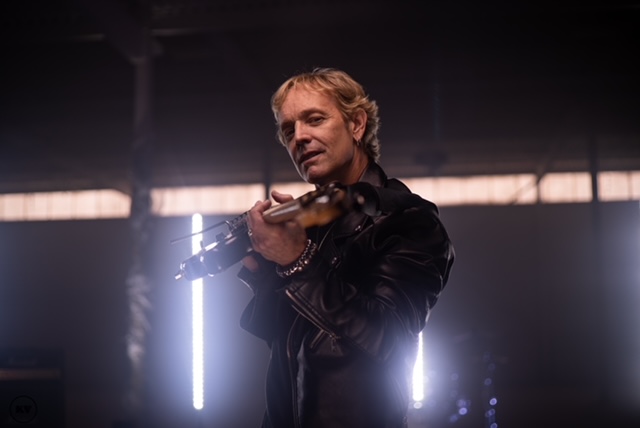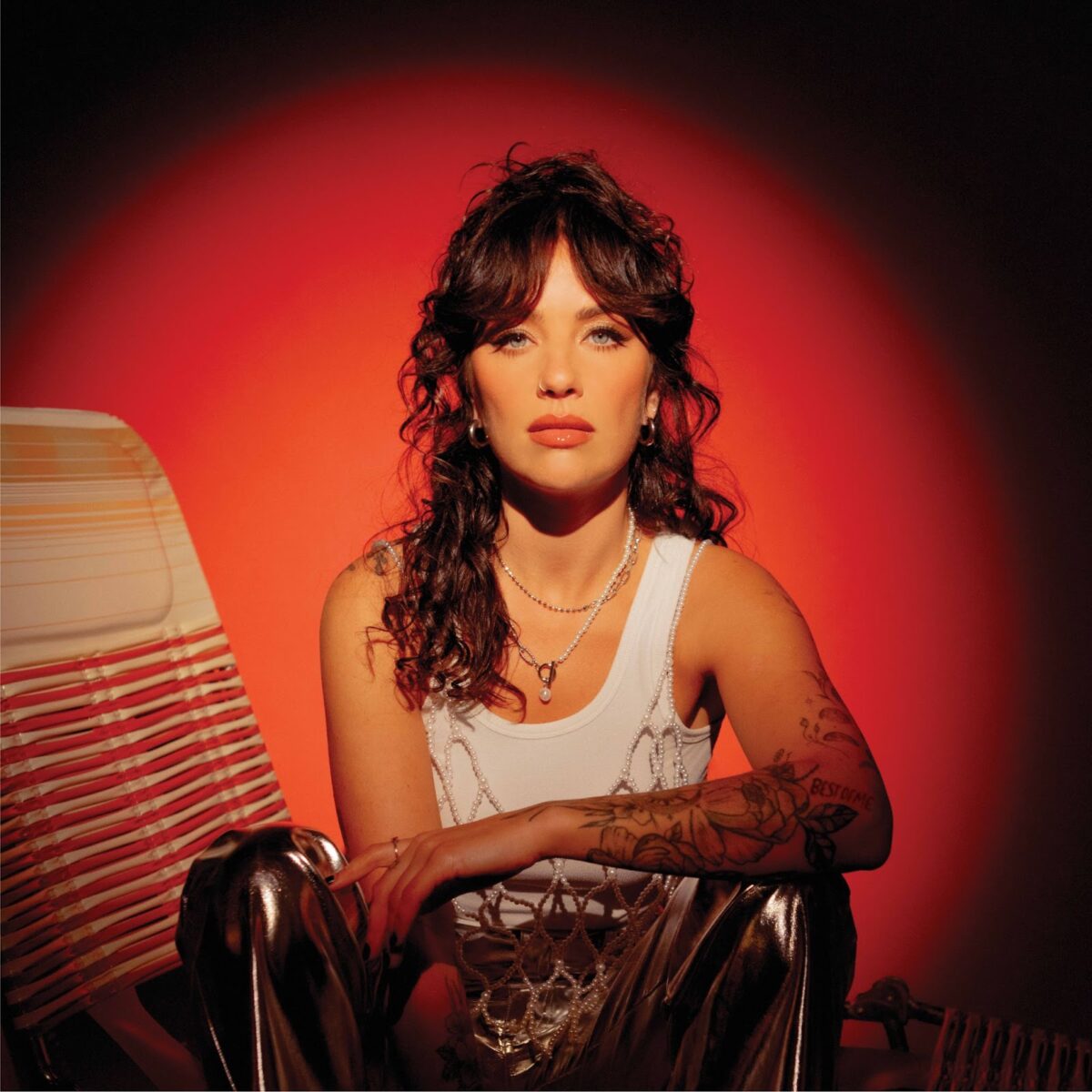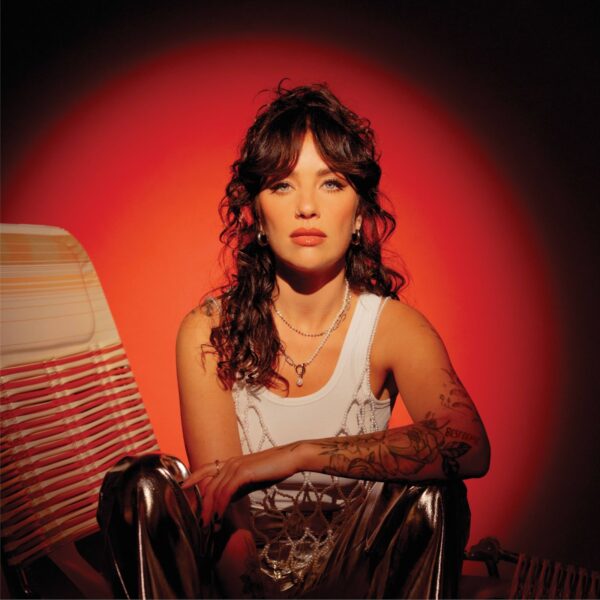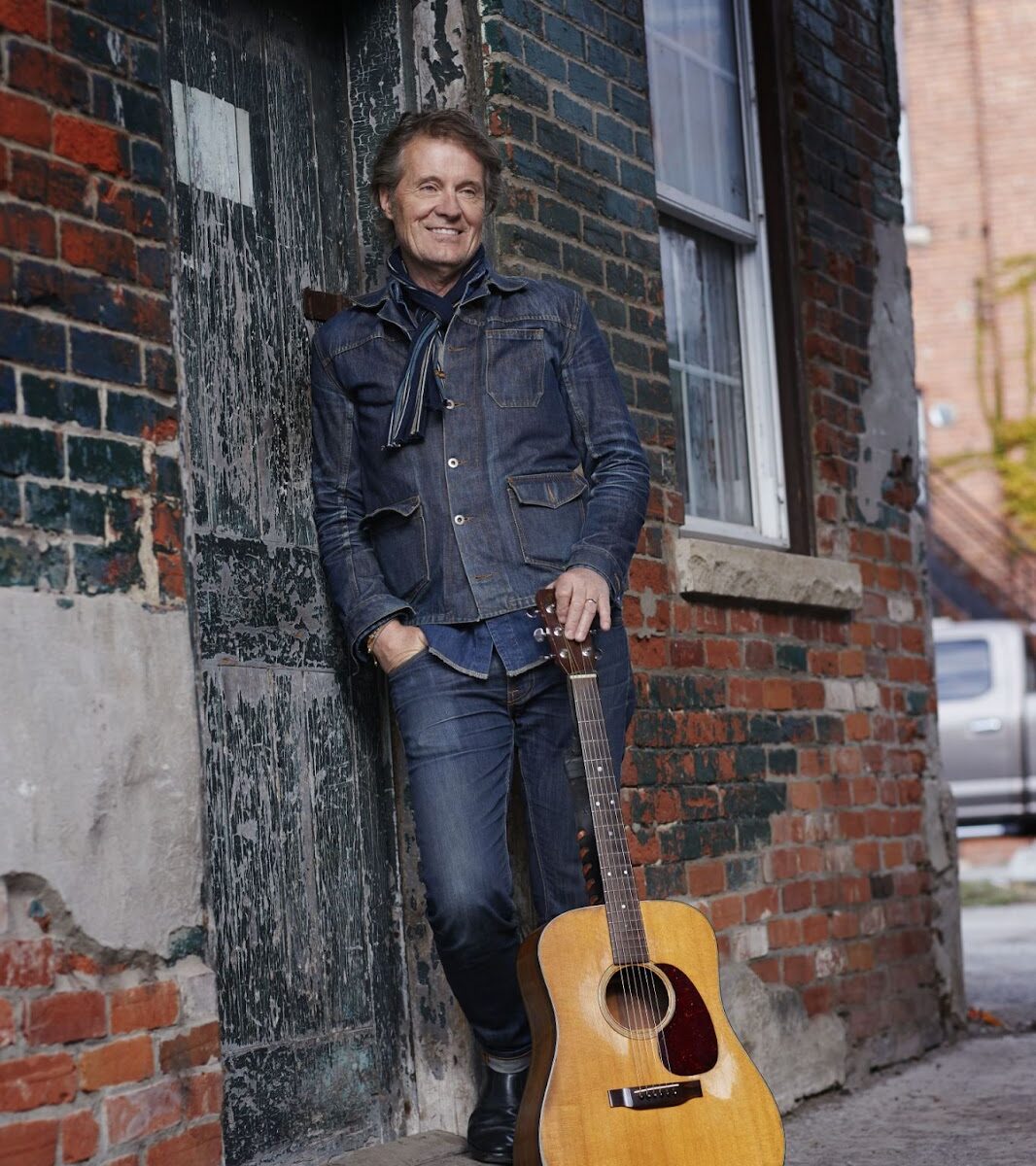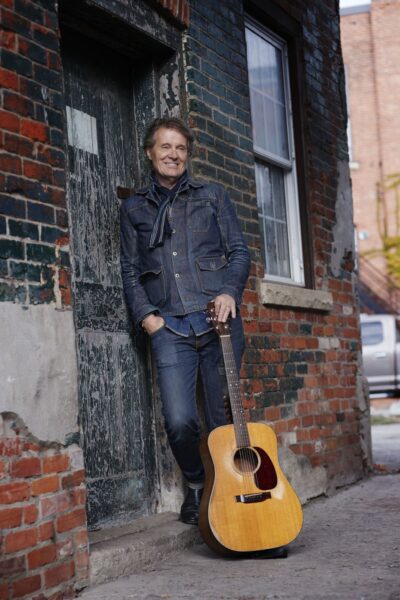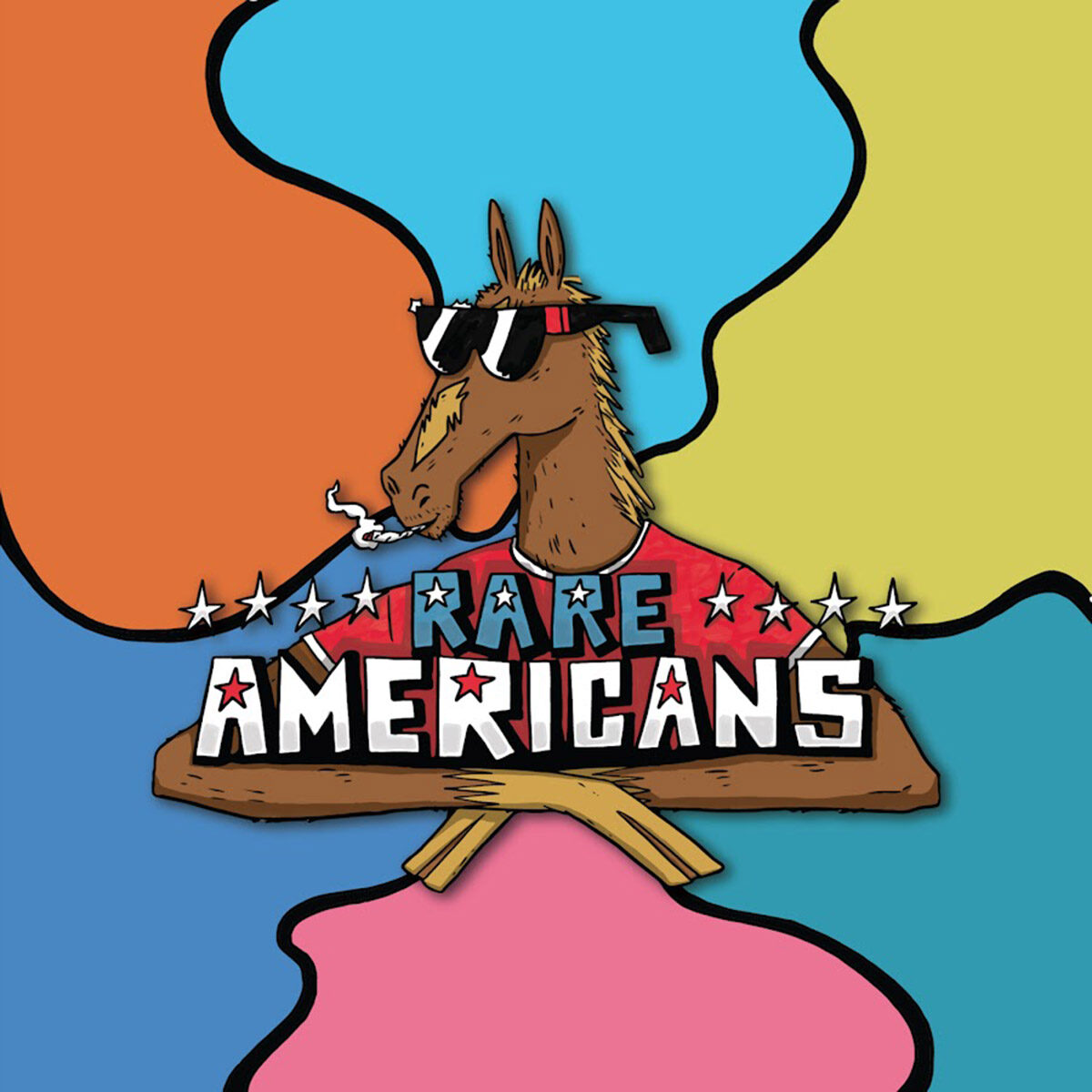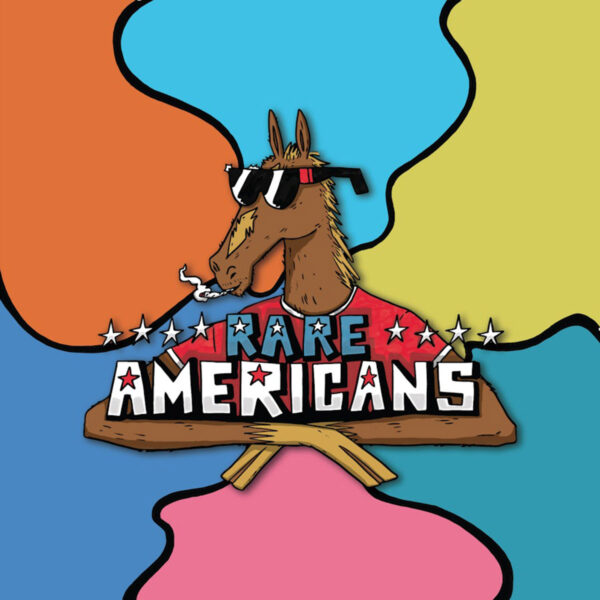Chalk Circle’s Chris Tait and Brad Hopkins can relate to the adrenalin boost that occurs when they step on stage to perform their set list. Yes it’s been 25 years since the band initially broke up but nostalgia is a cyclical entity and every so often Chalk Circle’s songs are back in vogue and Tait and Hopkins find a warm reception when they lure drummer Derrick Murphy and keyboardist Jason Sniderman back on stage to replay their past.
“We’ve done it a couple of times recently, performing with The Spoons in Barrie and Blue Peter in Toronto (at the Phoenix Concert Theatre) and every time we’ve enjoyed a great reception,”noted bassist Hopkins as he and Tait, the band’s lead vocalist/guitarist met at The Betty Pub in downtown Toronto to reflect on past accomplishments but to also indicate there maybe future band activity ahead.
“It was great to know that people were travelling in from places like Niagara Falls and Ottawa to see us and they are still as supportive as ever,” observed Tait. “It’s just the greatest feeling to get up on stage and play the old material and feel that it still has an effect on people.”

It was the success of one song, “April Fool” off the band’s debut six-song EP `The Great Lake” in 1986 which vaulted this Newcastle Ontario quartet (originally comprised of Tait, Hopkins, Murphy and original keyboardist Tad Winklarz) into the national psyche.
“We had initially recorded two songs which we had put on cassette, “The Word” b/w “The Black Pit” and that cassette won us a U-Know Award from CFNY which drew the attention of Duke Street Records” explained Hopkins. “And then we debuted on Duke Street with our six-song The Great Lake cassette, which followed Duke Street signing us to a seven-record deal and when CFNY started to play “April Fool”, other stations started to pick it up and suddenly we had a national hit.”
Chalk Circle would later regret signing that record contract with Duke Street but in the early days of their Great Lakes’ release, the band enjoyed tremendous acceptance. “One of our first big gigs was playing in Montreal at the Spectrum opening for Brian Setzer (formerly of The Stray Cats),” revealed Hopkins. “We asked, what are we doing playing with this rockabilly guy, we had no business being on that bill, but we went down great.”
On their first tour of Western Canada, Chalk Circle realized the importance of having a radio breakthrough with April Fool. “I think we were in Winnipeg and the moment we started playing April Fool, the place just erupted,” noted Tait. “It was so great to get that exposure on radio, no matter where we played on that trip, that song opened up doors for us.”
What Chalk Circle also observed out west was a lot of tribute and cover bands whereas they were performing only original material. “Coming from Newcastle we might have been a bit naive but we thought all bands wrote their own material.”
Initially influenced by bands like Teenage Head, The Ramones, The Clash and opened for Goddo at Taits’ and Hopkins’ Newcastle high school. They would also go into Toronto, check out places like the Beverley Tavern and also observe the local indie scene which was really starting to happen in the early 80’s. “You had all those cool British bands but you also had Toronto bands like The Rheostatics, L’etranger, Vital Sines and Direktive 17 and we definitely took notice of them,” noted Hopkins.
Andrew Hermant’s Duke Street Records were tapping into Toronto’s developing street scene in the early 80’s with an esoteric roster that included the likes of Jane Siberry, FM, Art Bergmann, Manteca and Eye Eye, and seemed a perfect fit for Chalk Circle’s original material and street level image.
Chalk Circle released their first complete studio album in 1987, the Chris Wardman produced, “ Mending Wall” which featured such topical lyrics as nuclear annihilation on “This Mourning” and environmental issues on “N.I.M.B.Y” and later added a cover of Marc Bolan’s “20th Century Boy” which became the second single. “Mending Wall” reached Gold status in Canada.”
By this time, Chalk Circle was beginning to realize the folly of their deal with Duke Street. They had also enjoyed a successful National Canadian tour opening for New Zealand’s Crowded House. Unfortunately, any U.S interest in signing the band stateside was lost once the Americans realized the band was trapped by their seven-record domestic contract.
“We got some distribution in Germany and Japan and we got to play a concert in East Berlin with Billy Bragg, six months before the Berlin Wall came down. We played some U.S dates in New York State once again supporting Crowded House and showcased in New York City with Spirit Of The West but we never got any U.S distribution,” lamented Hopkins.
“By the time we came to record our next album, “As The Crow Flies” in 1989,” I think Duke Street was down to just Andrew and his secretary, I don’t think the label really existed,” concurred Tait. “And there’s us with a seven-record deal!
[youtube width=”600″ height=”400″ video_id=”z2cDsqu91q8″]
“We weren’t in control of our own destiny,” continued Hopkins. “If you can’t get out of Canada, you have limited options. It’s not like you can go back and play the college pub circuit. If you are not getting radio airplay or selling records, you’re only option is to play live. But in Canada, that’s not a realistic option, especially when you’ve got 10 hour trips between gigs. Yet if you don’t play, you are soon out of the public eye so you’re kind of caught between a rock and a hard place.”
Tait, in particular, felt caught by the pressure of keeping the band alive. “It’s the frustration of keeping it going financially,” he allowed. “It was hard for us to get to the next level, we were really trapped.”
He had tried to ease the pressure by writing songs with Fergus Marsh and when Chalk Circle pulled the plug on their activities in 1989, Tait bounced back with Big Faith which featured himself Marsh, Red Rider guitarist Ken Greer and drummer Mike Sloski. “ I wouldn’t say I left Chalk Circle for Big Faith, it was just a situation that as one group ended , another opportunity was there for me,” reflected Tait. “You have to remember that I was only 19 when we started Chalk Circle and I was only 25 when the band ended so I was looking for a fresh opportunity.”
Big Faith released two albums before folding in 1994 with Tait moving on to pursue a new career in jingle production, developing this into his own company, Pirate Radio which he is still involved with today. Hopkins in the meantime, enjoyed a brief stint with Hugh Dillon’s Headstones before pursuing a career in print advertising sales for the Globe And Mail newspaper.
The release of a Chalk Circle Greatest Hits record in 2006 brought the band back to life with a reunion gig at Toronto’s Lee’s Palace and the 40th Juno Anniversary concert at Toronto’s Horseshoe Tavern in January 9th 2011 also marked another Chalk Circle performance.

With Jason Sniderman now playing keyboards for the band, they were reinvigorated enough to perform with Blue Peter at the Phoenix in Toronto and also the Corona Theatre in Montreal and the positive reactions they received to those gigs has got Tait and Hopkins considering their options for future dates.
As previously mentioned, they have played dates in 2014 with The Spoons and Blue Peter and with the 30th anniversary of “The Great Lake” release looming in 2016, Tait and Hopkins are focusing on some major touring activity in the new year.
“I guess we are your atypical weekend warriors,” cracked Hopkins. “But that’s great because there is no pressure on us. We can go out play where we want to and be in total control of the situation.” “And the thing is,” adds Tait. “That we still love playing. We love getting on stage and performing our songs. Nothing beats that adrenalin rush. It’s just like being 18 again.”

